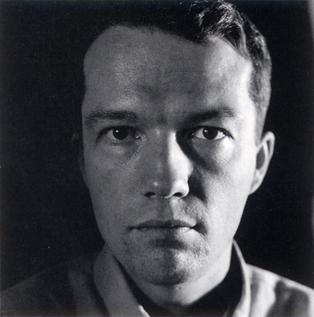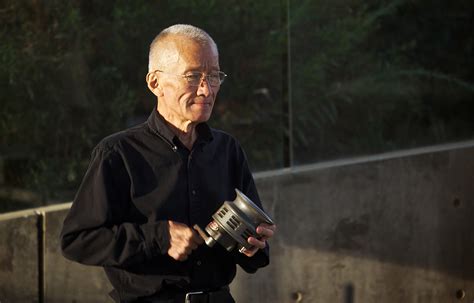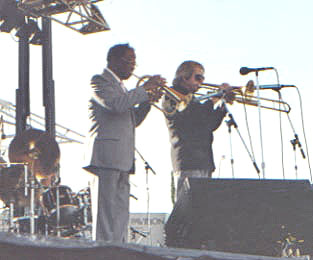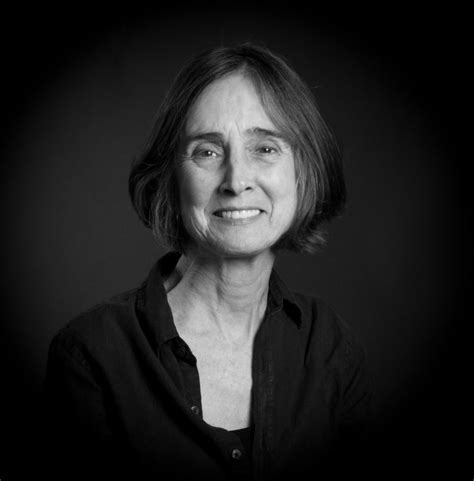A Quote by David Shields
Denied dancing and musical instruments, slaves expressed a hidden tradition of musicality and poetics by tongue and signal.
Related Quotes
Growing up in the Libya of the 1970s, I remember the prevalence of local bands who were as much influenced by Arabic musical traditions as by the Rolling Stones or the Beatles. But the project of 'Arabisation' soon got to them, too, and western musical instruments were declared forbidden as 'instruments of imperialism.'
Roger Bacon, a disciple of the Arabs, also insisted on the primary necessity of Mathematics, without which no other science can be known; yet by Mathematics it is clear that he meant something very different from what we mean, including under that head even dancing, singing, gesticulation, and performance on musical instruments.
In history, in most cultures, and at most points in time, if you want to find the most advanced technologies, you can look principally in two places. One is weapons and the other is musical instruments. My hypothesis is that instruments are usually ahead of weapons. In fact, I think you can find many examples of instruments being predecessors of weapons and very few in the reverse.
Here we are at the very core of the thesis we wish to defend in the present essay: reverie is under the sign of the anima. When the reverie is truly profound, the being who comes to dream within us is our anima. For a philosopher who takes his inspiration from phenomenology, a reverie on reverie is very exactly a phenomenology of the anima, and it is by coordinating reveries on reverie that he hopes to constitute a "Poetics of reverie". In other words, the poetics of reverie is a poetics of the anima.



































